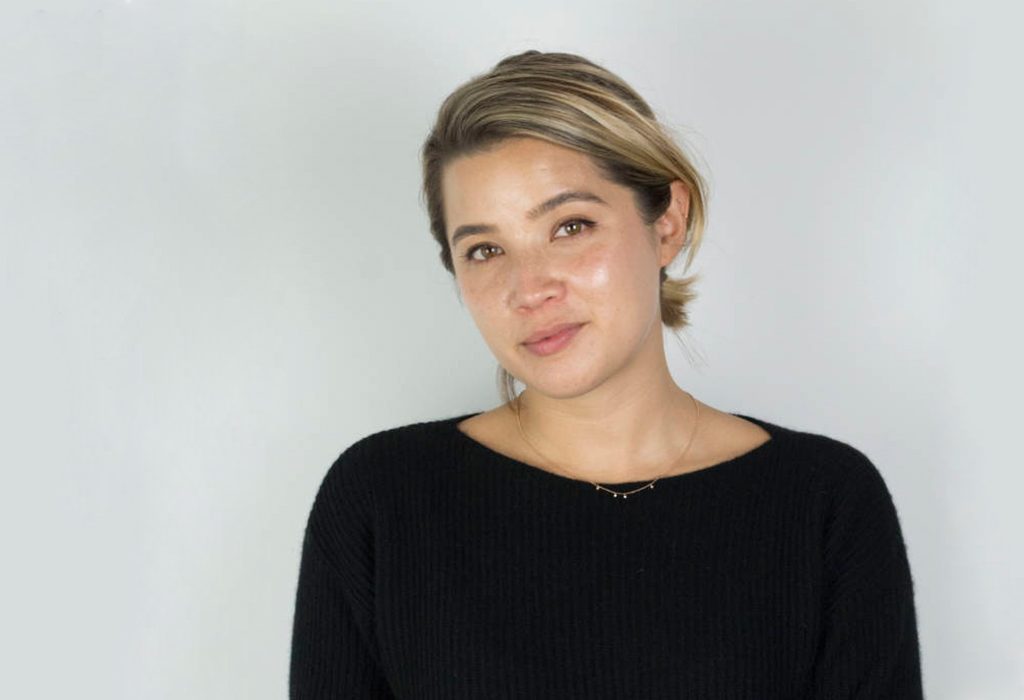
Discovering My Patterns: How I Founded Paradym
The Founding Story of Paradym
4 MIN READ

“You’re too volatile, it’s hard to be around you,” said the man I’d spent the previous 3 months falling in love with.
I cried.
It’s not easy hearing negative feedback, especially from someone you respect and love. I’d heard it before, and he was the third person to say the same thing. The other two were my mother and my previous boyfriend of 5 on-again-off-again years. When another person that I loved and trusted was saying the same thing, it felt like it was time to listen to the feedback.
What does that even mean? Why am I hard to be around? And what the hell is volatility?
How I realised my emotional & behavioural patterns of volatility
I tried a meditation app at first because I didn’t have much time on my hands. I was studying, working, trying to spend time with family and friends, and making sure I had enough “me” time. Meditation helped me get into a calm state of mind, but I kept coming right back to the same negative emotional patterns. Eventually it became clear to me that I couldn’t get to the bottom of this on my own.
I found a therapist. Having an hour each week with someone asking the right questions, which allowed me to explore and resolve my issues was revelatory. Through multiple sessions, unpicking myself and my history, I eventually learnt that my volatility came from learned behavioural patterns from my parents.
From a young age, my home had been challenging. While I had a roof over my head and food on the table, my parents were not always emotionally supportive. This lack of reliability resulted in me developing an anxious attachment style. The effect carried through to relationships in adulthood was that I always felt like my partner was going to leave me, so I was never able to fully trust.
Developing awareness, then breaking patterns…
With guidance, I developed more awareness. This is the first step towards any change. I trained myself to notice when I’d have big emotional reactions, sometimes much larger than the situation warranted. Those bigger emotional reactions acted as an indicator that there might be negative patterns that no longer worked for me.
For example when I’d freak out if my partner was simply going away on a standard business trip. With some time, instead of reacting, I’d dig a little deeper into the reaction. The next step was learning to change that negative emotional pattern through continued work on myself and my ability to trust. It took years but I’m now in a stable, trusting, and committed relationship.
I applied the same process to many other negative emotional patterns, I found this work to be transformative, it really changed my entire life: love, body, success, and identity. Real change. I wasn’t just calmer, I managed to find balance and contentment. When you know who you are as a person, and you can accept yourself without judgement, you become very confident. This is the foundation of true confidence: in your mental self, your emotional self, your body, your opinions – they’re all connected.
My Paradym process helped me identify when I needed to ask for help. I stopped feeling threatened by others who had a different set of strengths from me. I started knowing exactly who I am, and what I stand for. My relationship with myself, my partner, my family, my friends, and even my colleagues are in a place I never imagined were possible. I’ve actually started living the life I wanted.
Sharing the process….
After experiencing my own transformation, I became committed to sharing such a deep, life-changing process with the world, and began digging deeper into the research. I started speaking with PhD psychologists, therapists, and I even trained as a coach. I wanted to know how we could create a repeatable process like mine, for everyone.
We start with awareness, because this is the foundation of any growth and positive change. You need to want it yourself. We then open up to the 4 pillars: Love, Success, Body & Identity. These encompass the most important aspects of our lives:
- LOVE: Relationships – with yourself and others, success: thriving and learning in whatever path you choose
- SUCCESS: Knowing your strengths and weaknesses, and your values can help you thrive in whatever you choose to do
- BODY: Being present and content in our physical selves in harmony with our mental selves,
- IDENTITY: Knowing your values and who you are to your core to be able to easily make big choices that align with you.
And so the Paradym process was born. We based the process on a combination of experience, emotional intelligence, emotion regulation, emotion competence and evidence based psychological approaches including Schematherapy, CBT, DBT, and positive psychology. We’ve been building a team of experts both in house and as collaborators to ensure we put across a wide perspective.
I want everyone to have the emotional freedom that I managed to find. One that allows me to live a life I wanted and dreamed off. Life is hard and things can often go wrong, but when you have your Paradym toolbox, you have everything you need to navigate tough times.
Most of us don’t have the resource – be it time or financial – to spend with a mental health specialist each week. Yet, mental and emotional health are a necessity.
As such, Paradym is for everyone. We’re giving you the framework to approach your internal dialogue in your own time, on your terms. We want to support you in creating more meaningful relationships with yourself, and others.
Recent Posts


Podcast: Using feelings to build habits & mental acrobatics


